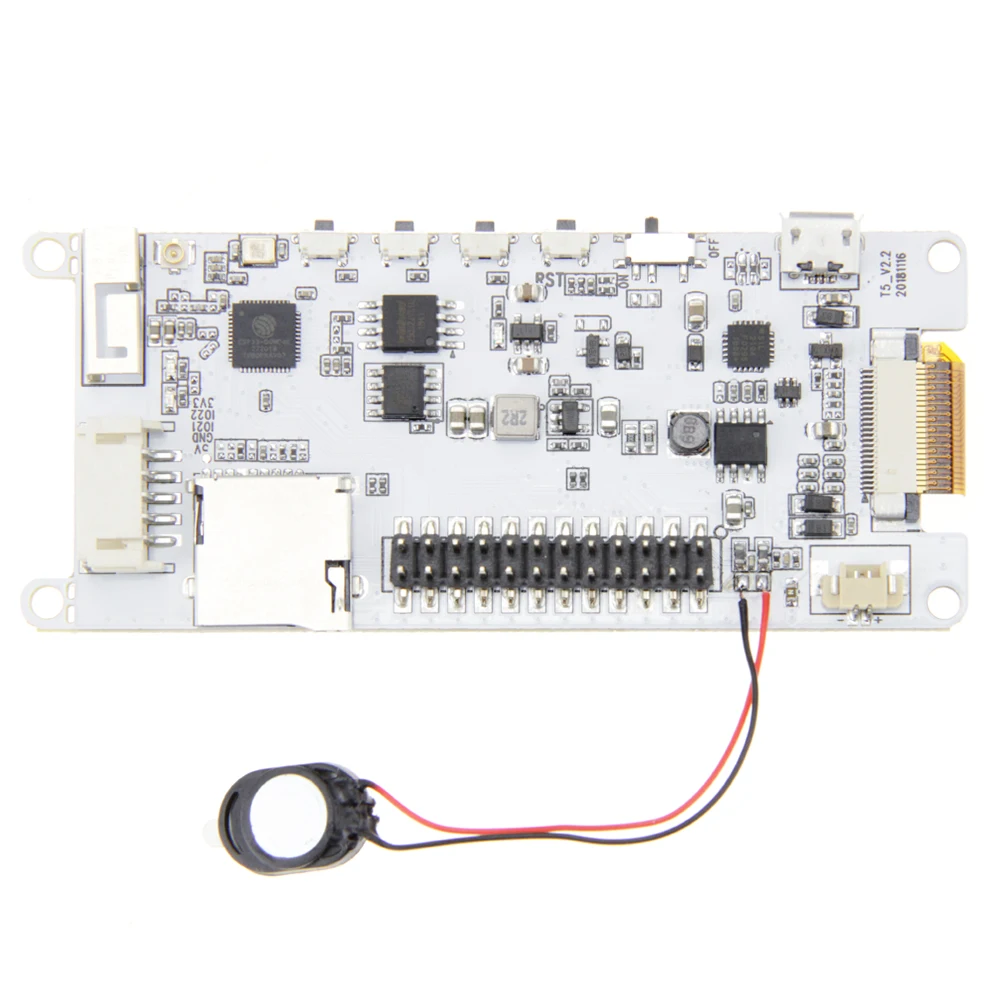If you haven’t heard about the Prism scandal, you should read a bit about it. But basically, numerous large companies based in the US have allowed private information of their users to be accessible to the government (the NSA, to be more exact). Maybe even yours, if you’ve ever interacted with companies like Google, Apple, Facebook and others.
As mentioned on the Prism-Break website, there are lots of alternatives to the services and software most of us currently use. And surprisingly, it should’t be that hard to switch to a more secure and privacy-protecting solution to your daily internet-related needs.
Here is my personal ‘Prism break’ roadmap, or a security todo list:
Note: work in progress, subject to change.
Email
Biggest challenge as far as I can see. The concept itself is sadly not really that secure.
Must have:
- highly reliable (so no self-hosted solutions are acceptable)
- web client for easy accessibility
- address based on own domain name (and email address), e.g. me at dejvino dot com
- at least country-local hosting (i.e. here in Czech Republic for me)
Should have:
Could have:
- email content encryption. Currently it seems pretty impractical, but who knows. Maybe there is a usable solution?
Some cheap web-hosting with emails? http://hosting.wedos.com/cs/webhosting.html
IM
Similar to email. Doesn’t require 100% availability.
Ideas:
- own secure Jabber/XMPP server? Could be self-hosted / VPS. Expensive, hard to maintain.
- rented server? server-side history is hard to come by. Only Google has got it all…
Should have:
- encrypted transmission
- secured history saved on server side
Web hosting
I’m currently using external paid services. I might switch to a more custom solution, i.e. home server.
Raspberry Pi anyone? … UPDATE: nope, it could work for really simple services, but running anything more sophisticated results in long response times. And since I’ve got big plans, it is not the right solution.
Cloud storage
Dropbox has been a great service — lots of free space, great tools on Windows as well as on Android.
I’m in the process of switching to a more controlled ownCloud server solution.
Must have:
- web interface
- handle large files
- access restrictions
- per-user space limits (quotas)
- PC client (Windows)
Should have:
- online music streamer
- public file-linking capability
- applications / plugins / extensions
Could have:
- Android client
- synchronization / backup support
Social media
Friendica is a project I’ve been using a bit and am planing to use a bit more. But the other “standard” ones still seem quite usable, to some extent.
Should have:
- RSS-feed-reader-like view
- responsive design / client for Android
- integration of different social networks
TODO: move Friendica to a more powerful server. It is quite CPU-demanding.
Web browsing
| Type |
Current |
New |
Status |
| Browser |
Google Chrome |
Firefox |
DONE |
| Passwords |
KeePass |
KeePass + KeeFox |
DONE |
| Plugins |
DoNotTrackMe, HTTPS Everywhere, … see FixTracking.com as a handy guide. |
DONE |




